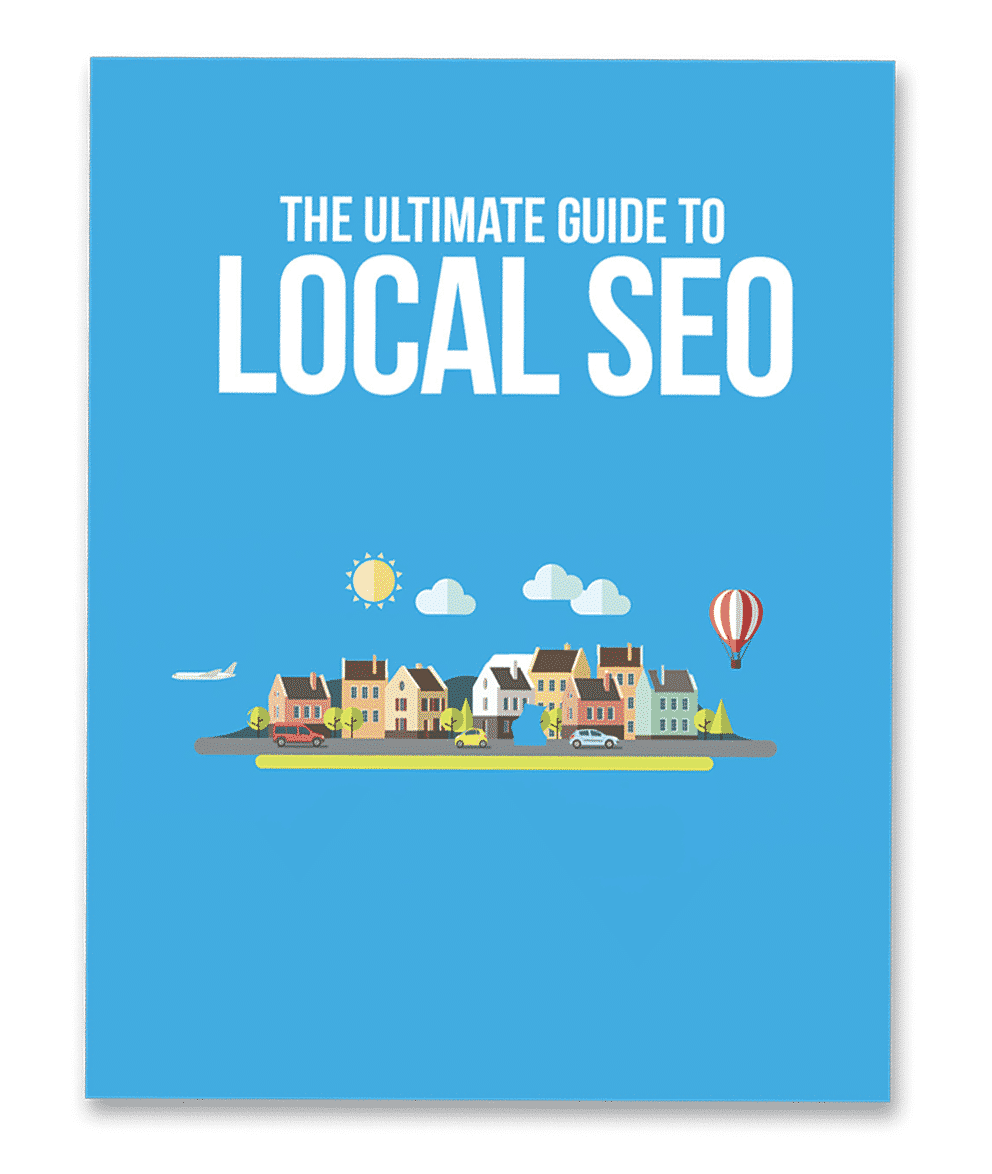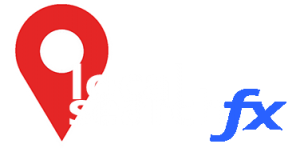Medical Spa Pay Per Click Management
Pay-per-click (PPC) advertising has become an indispensable tool for medical spas seeking to enhance their online visibility, attract qualified leads, and drive conversions. Unlike organic search engine optimization (SEO), which focuses on improving a website’s visibility through non-paid methods, PPC allows medical spas to bid on keywords and display ads at the top of search engine results pages (SERPs) and other online platforms, paying only when users click on their ads. PPC offers a highly targeted and measurable approach to marketing, making it an effective strategy for medical spas looking to maximize their return on investment (ROI) and achieve their business objectives.
Understanding the Basics of PPC Advertising
At its core, PPC advertising operates on an auction-based model, where advertisers bid on keywords relevant to their business and target audience. When a user enters a search query that matches the advertiser’s chosen keywords, the search engine displays relevant ads at the top of the search results page. Advertisers only pay when users click on their ads, making PPC a cost-effective and performance-driven advertising solution. Additionally, PPC platforms like Google Ads offer robust targeting options, allowing advertisers to reach specific demographics, locations, and interests with precision.
Setting Clear Goals and Objectives
Before launching a PPC campaign, medical spas must define clear goals and objectives to guide their strategy and measure success. Whether the goal is to increase website traffic, generate leads, or drive appointment bookings, having clearly defined objectives will inform key decisions such as keyword selection, ad copywriting, and budget allocation. By setting specific, measurable, and achievable goals, medical spas can track their progress and optimize their PPC campaigns for maximum effectiveness.
Conducting Keyword Research
Keyword research is a foundational step in any successful PPC campaign, as it informs which keywords to target and bid on. For medical spas, this involves identifying relevant keywords related to treatments, services, and conditions that potential clients may be searching for online. Tools like Google Keyword Planner, SEMrush, and SpyFu can help medical spas identify high-value keywords with a balance of search volume, competition, and relevance. By conducting thorough keyword research, medical spas can ensure their ads are being shown to users actively seeking their services.
Crafting Compelling Ad Copy
The effectiveness of a PPC campaign hinges on the quality and relevance of its ad copy. Medical spas must craft compelling, persuasive ad copy that entices users to click and learn more about their services. Ad copy should highlight the spa’s unique selling points, such as specialized treatments, experienced staff, and exceptional results, while also addressing the needs and pain points of potential clients. Additionally, incorporating keywords into ad copy can improve relevance and ad quality, increasing the likelihood of ad visibility and clicks.
Designing Landing Pages for Conversion
Landing pages play a critical role in the success of PPC campaigns, as they serve as the destination where users are directed after clicking on an ad. Medical spas must design landing pages that are optimized for conversion, with clear calls-to-action (CTAs), compelling imagery, and persuasive copy that reinforces the messaging of the ad. Additionally, landing pages should be mobile-responsive, fast-loading, and user-friendly to provide a seamless and positive experience for visitors. By aligning the messaging and design of landing pages with the ad copy, medical spas can maximize the effectiveness of their PPC campaigns and drive more conversions.
Implementing Conversion Tracking
Conversion tracking is essential for measuring the effectiveness of PPC campaigns and optimizing for better results. Medical spas must implement conversion tracking mechanisms, such as tracking pixels or tags, to monitor user interactions and actions on their website, such as appointment bookings, form submissions, or phone calls. By accurately tracking conversions, medical spas can determine which keywords, ads, and campaigns are driving the most valuable outcomes and allocate their budget accordingly to maximize ROI.
Optimizing Campaigns for Performance
PPC advertising is an iterative process that requires ongoing optimization to achieve optimal performance. Medical spas must continuously monitor key performance metrics such as click-through rate (CTR), conversion rate, cost-per-click (CPC), and return on ad spend (ROAS), and make data-driven adjustments to improve campaign performance. This may involve refining keyword targeting, testing different ad creatives, adjusting bidding strategies, and optimizing landing pages for better conversion rates. By iteratively optimizing their PPC campaigns, medical spas can maximize their effectiveness and achieve their marketing goals more efficiently.
Budgeting and Bid Management
Effective budgeting and bid management are crucial aspects of PPC advertising for medical spas. Budgets should be set based on the spa’s marketing objectives, target audience, and competition, with allocations for keyword bidding, ad spend, and ongoing optimization efforts. Bid management involves strategically adjusting keyword bids to maximize ad visibility and maintain a competitive position in search results while staying within budget constraints. Automated bidding strategies offered by PPC platforms can help medical spas optimize bidding and achieve their desired outcomes more effectively.
Monitoring and Reporting on Performance
Monitoring and reporting are essential components of PPC management, providing insights into campaign performance and informing strategic decision-making. Medical spas must regularly monitor key metrics and KPIs, analyze trends and patterns, and generate comprehensive reports to track progress toward their goals. By identifying areas of strength and opportunity, medical spas can make informed adjustments to their PPC campaigns, allocate resources effectively, and optimize for better results over time.
Utilizing Ad Extensions for Enhanced Visibility
Ad extensions are additional pieces of information that can be added to PPC ads to provide users with more context and increase ad visibility. For medical spas, relevant ad extensions may include site links to specific treatment pages, call extensions for users to directly contact the spa, location extensions to showcase the spa’s physical address, and review extensions to highlight positive client feedback. By utilizing ad extensions effectively, medical spas can occupy more real estate on search engine results pages (SERPs) and provide users with additional opportunities to engage with their ads.
A/B Testing for Continuous Improvement
A/B testing, also known as split testing, involves comparing two versions of an element (such as ad copy, landing page design, or call-to-action) to determine which performs better in achieving the desired outcome. Medical spas can leverage A/B testing to experiment with different ad creatives, landing page layouts, headlines, and offers to identify the most effective combinations for driving conversions. By systematically testing and refining their PPC campaigns, medical spas can iterate on successful elements and continuously improve their performance over time.
Remarketing to Re-engage and Convert
Remarketing allows medical spas to re-engage users who have previously visited their website or interacted with their ads but did not convert. Through remarketing campaigns, medical spas can target these users with tailored ads designed to encourage them to return to the website and complete the desired action, such as scheduling an appointment or requesting more information. By staying top-of-mind and providing personalized messaging to users who have already shown interest, remarketing can help medical spas capture missed opportunities and drive conversions more effectively.
Geo-Targeting for Local Relevance
Geo-targeting enables medical spas to target their PPC ads to specific geographic locations, ensuring that their messaging is relevant to users in their target market. For medical spas serving a local clientele, geo-targeting allows them to focus their advertising efforts on users within a certain radius of their physical location or in specific geographic areas where they want to attract clients. By tailoring ad copy, offers, and messaging to local audiences, medical spas can increase their relevance and appeal to users in their target market and drive more qualified leads.
Monitoring Competitors and Industry Trends
Keeping a pulse on competitors and industry trends is essential for staying competitive and maximizing the effectiveness of PPC campaigns. Medical spas should regularly monitor competitor ads, keywords, and messaging to identify opportunities for differentiation and optimization. Additionally, staying informed about industry trends, new treatments, and emerging consumer preferences can help medical spas stay ahead of the curve and capitalize on opportunities to attract more clients through PPC advertising.
Integrating PPC with Other Marketing Channels
PPC advertising should not operate in isolation but should be integrated with other marketing channels to maximize its impact and effectiveness. Medical spas can complement their PPC efforts with strategies such as content marketing, email marketing, social media advertising, and search engine optimization (SEO) to create a cohesive and holistic marketing strategy. By leveraging multiple channels in concert, medical spas can amplify their reach, engage with audiences at different touchpoints, and create a seamless experience for potential clients throughout their journey.
Partnering with Experienced Professionals
While PPC advertising offers significant opportunities for medical spas, managing campaigns effectively requires specialized knowledge, skills, and expertise. Partnering with experienced PPC professionals or agencies can help medical spas navigate the complexities of PPC advertising, maximize their ROI, and achieve their marketing goals more efficiently. PPC experts can provide strategic guidance, perform thorough keyword research, optimize campaigns for performance, and provide ongoing monitoring and support to ensure long-term success.
Conclusion
In conclusion, PPC advertising presents medical spas with a powerful and versatile tool for enhancing their online visibility, attracting qualified leads, and driving conversions. By understanding the fundamentals of PPC advertising, setting clear goals, conducting thorough keyword research, crafting compelling ad copy, designing conversion-optimized landing pages, implementing conversion tracking, optimizing campaigns for performance, and monitoring and reporting on performance, medical spas can leverage the full potential of PPC to achieve their marketing objectives and grow their business in a competitive marketplace.


